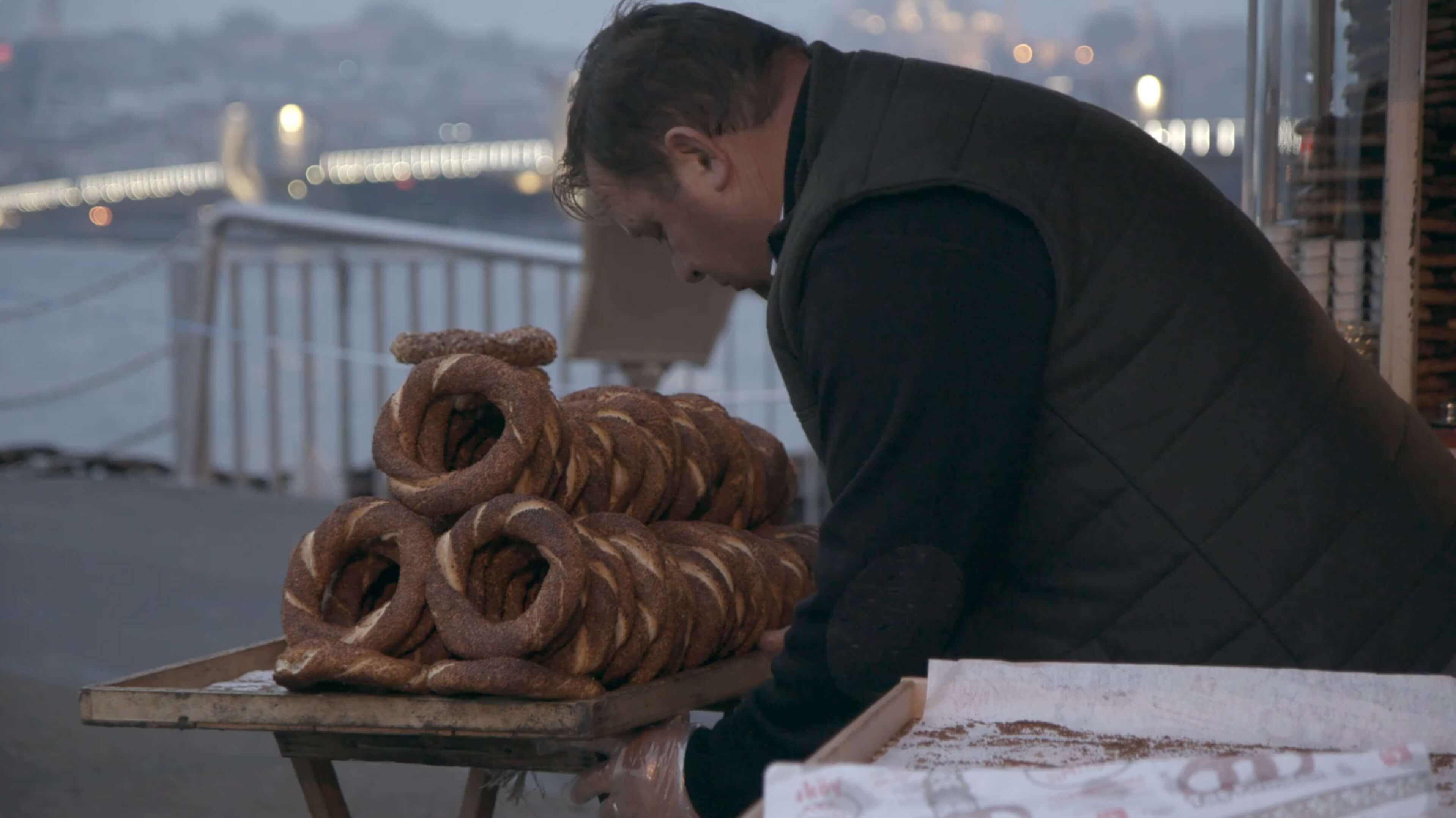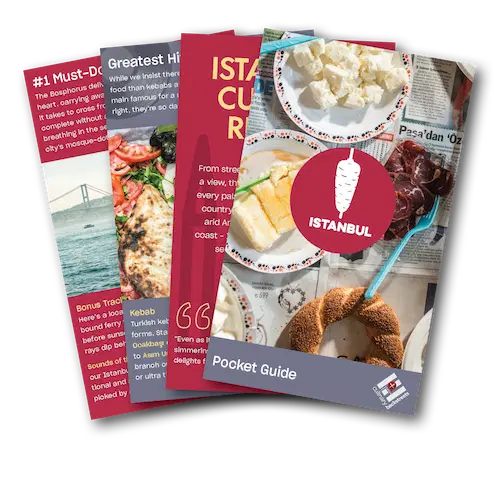We can't find the internet
Attempting to reconnect
Something went wrong!
Hang in there while we get back on track

Travel, With Bite
Culinary Backstreets covers the world’s best eating destinations, with city guides, food tours, multi-day trips and daily dispatches.
As Featured In









Tour the backstreets with us
Our Food Tours

Get Your Free Pocket Guide
Introducing our pocket-sized city guides — perfect for your next culinary adventure. Yours free when you sign up for our newsletter.
Get Your Free Pocket Guide
Introducing our pocket-sized city guides — perfect for your next culinary adventure. Yours free when you sign up for our newsletter.
Daily Dispatches from the Frontlines of Local Eating
Latest Stories
Immersive Multi-Day Journeys In and Around the World’s Culinary Capitals
Upcoming Trips
Everything you need to know, before you go
Local City Guides
around the world, however you need us




































































